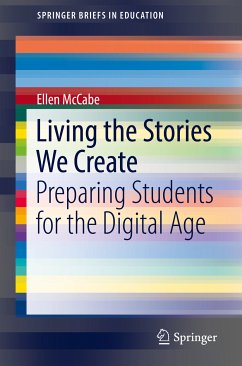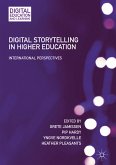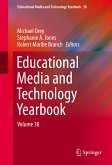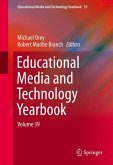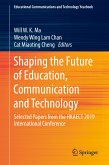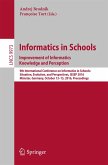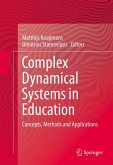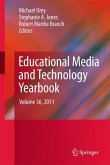This work explores the potential of digital media to rectify the disparity between formal learning contexts and contemporary perceptions and expectations of narrative. How can education systems respond to the changing technological landscape, thus preparing students to become active participants in society as well as to realise the extent of their own potential? This book explores such concepts in the classroom environment through direct engagement with students and teachers with the case of Shakespeare's Macbeth. Written in approximately 1606, Macbeth has its roots in a culture of orality and yet has sustained through centuries of print dominance. Indeed, as both text and performance the work itself embodies both the literary and the oral. Yet as a staple of many second level curricula increasingly Macbeth is perceived as an educational text. Macbeth reflects its cultural moment, an age of ambiguity where much like today notions of selfhood, privacy, societal structures, media and economy were being called into question. Thus Macbeth can be understood as a microcosm of the challenges existing in contemporary education in both content and form. This book examines Macbeth as a case-study in seeking to explore the implications of digital media for learning, as well as its possible potential to constructively facilitate in realigning formal learning contexts to contemporary experiences of narrative.
Dieser Download kann aus rechtlichen Gründen nur mit Rechnungsadresse in A, B, BG, CY, CZ, D, DK, EW, E, FIN, F, GR, HR, H, IRL, I, LT, L, LR, M, NL, PL, P, R, S, SLO, SK ausgeliefert werden.

